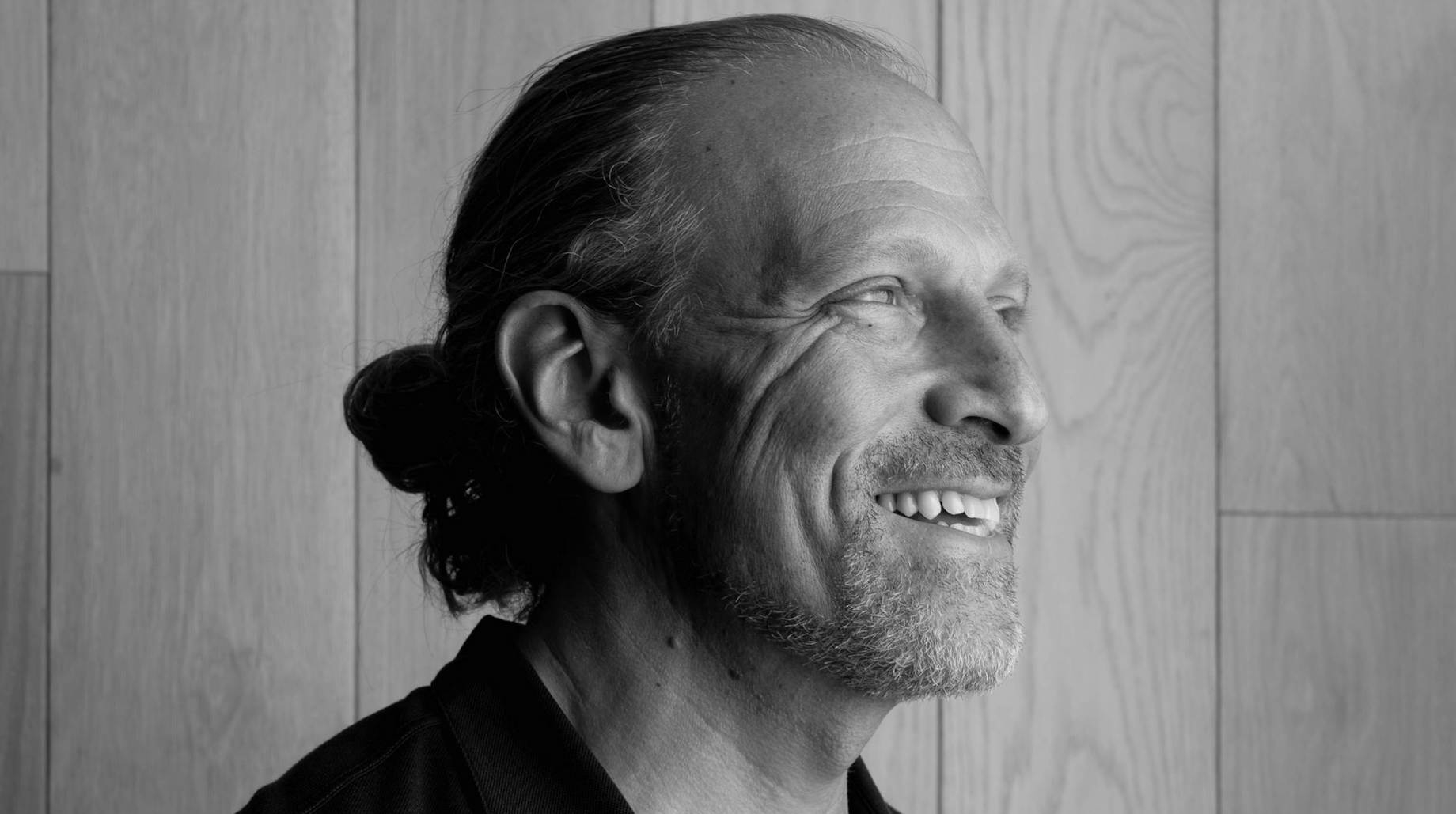Arturo Sneider entered the real estate business to heal cultural gaps that contribute to poverty and crime in disadvantaged neighborhoods. "As a company for 29 years, we have been almost entirely focused on economic development from within underserved and marginalized communities," said the CEO of Primestor. "We are an activist organization that uses the real estate medium as its means for change."
Primestor's recently completed Freedom Plaza shopping center, pictured above, in South Central Los Angeles already is bringing needed jobs and services to Watts, a historically Black and Latino neighborhood that in 1965 witnessed one of the Civil Rights era’s major urban clashes. Freedom Plaza is the retail component of the Housing Authority of the City of Los Angeles and other organizations’ larger revitalization of the Jordan Downs area. That project is replacing some 700 units of small, low-income apartments with modern residential units, along with a new street grid, a community center and a park.
Freedom Plaza's design centers on the community spaces and gathering areas, according to an Oct. 22 press release from Nadel Architecture + Planning, which designed the project. "This neighborhood desperately needs developments that will improve the lives of its residents and give them beautiful places to come together," Nadel chairman Greg Lyon said. "Jordan Downs and Freedom Plaza are accomplishing just that.”
The 114,431-square-foot Freedom Plaza opened in January, anchored by a 31,000-square-foot Smart & Final Extra supermarket, a welcome addition to the food desert. Freedom Plaza's Nike Community Store opened in August. Eighty-five percent of the staff was hired from within three miles. A Starbucks Community Store opened in September with 22 locally hired employees. Other tenants at the open-air center include Ross Dress for Less, a Blink fitness center and The Habit Burger Grill. Space for about a dozen additional retailers mean more local jobs on the way. In fact, Primestor's lease agreements typically require tenants to hire locals and to contract with area firms for services.
Sneider believes developers have a responsibility to support communities with their projects and to consider the socioeconomic impact that design, tenant selection and other choices will have on the population. "You have to look at the kinds of businesses you are putting out there and the influence they will have in those neighborhoods," he said. "You have hundreds if not thousands of touch points to make decisions and create an economic footprint that is wide and touching everywhere."
How Sneider started
Sneider's conviction that responsible commercial development can mend communities is what led him to learn about real estate and, in the early 1990s, co-found his own firm. But his interest in marginalized neighborhoods began earlier.

In the late 1980s in Los Angeles, he was in search of authentic Mexican cuisine. Coworkers at the restaurant where he worked at the time introduced him to some of the city's impoverished Latino neighborhoods. Having just moved from Mexico City in 1986, he recalls his dismay and wonder. Sneider concluded that the surrounding, decayed properties were systematically depriving residents of inspiration and opportunities to improve their condition. "If you have kids [walking] to school or trying to have a normal life in a dilapidated neighborhood full of graffiti and trash with nothing but junk food available, what is the expected outcome?" he said. "If you don't feel safe and have nothing that even gives hope, the outcome is self-fulfilling." Developers and landlords can help to supplant those negative environmental influences, Sneider contended, "all by making the right choices of who you lease to."
Primestor retains ownership of its developments to ensure they continue to support neighborhoods. The company’s portfolio measures 3.5 million square feet in four states. "We hold on to them. That is super important," Sneider said. "It takes so much time to build up trust with the community, and they have an expectation that you will maintain the same quality."
Prioritizing development projects’ public components
Having worked with Primestor on several developments, real estate attorney Alfred Fraijo Jr., a partner at Sheppard Mullin, says Primestor designs projects that reflect community needs. Rather than tack a park or public plaza onto a proposed shopping center as a concession to local leaders, for example, Primestor uses the public components of its projects as the primary drivers of foot traffic. "They start with honoring the identity and existing assets in each community and build community resources alongside commercial uses, which is flipping the script on development," Fraijo said. "It's a way that new development can be financed, designed and built to protect existing assets and introduce lasting community benefits."
He added: "Arturo sees the project itself as a vehicle for creating community abundance. It's not about surrounding commercial services with public amenities; it's about fusing the two. It also is about using the built environment as a tool for building healthy communities."
Fraijo believes Sneider's commercial success via the strengthening of overlooked communities is an example other organizations can emulate. "In these times and in the national discourse on sustainability and community resilience, the model he has presented should be adopted by other industries, not just in real estate but in healthcare, housing, infrastructure and every industry that has a tie to the built environment,” Fraijo said. “He is saying that all stakeholders win when you put the community front and center of any business enterprise."
By Matt Hudgins
Contributor, Commerce + Communities Today